Italiano
Italian is one of the twenty most commonly spoken languages in the world, with around sixty million native speakers (apart from a further 120 million people who use it as a second language). The geographical area covered by Italian-speakers is much larger than it may seem. Outside Italy, it includes ex-colonies and immigrant host nations such as the United States, Canada, France, Monaco, Argentina, Venezuela, Switzerland, Uruguay, Croatia, Slovenia, Eritrea, Ethiopia, Somalia, San Marino, Vatican City and Malta.
Like almost all widely dispersed languages, Italian exhibits profound geographical variations, which are often at the heart of local identities. At times these variations are divisive, and for this reason, are often difficult to tackle from a translation point of view. The Italian language can change from region to region and from city to city as a result of its many varieties and dialects; in fact the Ligurian, Sardinian, Friulan and Neapolitan dialects are officially recognised by European institutions as independent languages and the Italian police often make use of interpreters to translate regional tongues such as Calabrian and Sicilian.
Despite such variations, however, there is a well codified standard Italian language, recognised by all Italians and used especially in the Northern and Central part of the country and by national radio and television. This is also the Italian that is recognised and appreciated by the majority of Italians in the world, and by those who have acquired it as a second language.
Unlike the linguistic differences between British and American English, or European and Brazilian Portuguese or more than ten Chinese ‘topolects’, the general acceptance of this standard Italian simplifies communication. It allows for the translation of documents and websites into a single language, valid for the entirety of its target audience.
Italian is characterised by very specific forms and structures and, to make use of the language while respecting its characteristic rhythms and forms requires specific expertise. When translating an English or German advertising text into Italian, for example, it is necessary to use phrases and forms that are generally speaking less concise and pragmatic than the original in order to localise so it impacts successfully on an Italian audience. Italian can be called an “ornate language” as it tends to have high-sounding locutions and forms that may seem redundant or simply intrusive in an English or German text.
Our company has specialised in Italian translation, not only because our headquarters has always been in Italy but also because, over the course of the years, we have increased our staff of Italian translators and developed a solid internal linguistic culture.
The presence of eight internal translators who are native Italian speakers and our ongoing work in linguistic research have given us a powerful insight into Italian translation that over time has increased our expertise in the area and will continue to do so.
Translation and localisation in Italian
In technical translation our areas of specialisation are mechanical engineering, electronics, construction engineering, transport, energy and industrial manufacturing. In these areas we have translated and edited manuals, guides, programme interfaces, technical projects, specifications, test results and documentation for product and quality certifications.
In the field of medical-scientific translation we have translated trials, brochures, pharmaceutical manuals and research articles, particularly in cardiology, pneumology and dental surgery, as well as advertising material for pharmaceuticals and press folders.
In the field of legal and financial translation we also undertake certified/sworn translations of financial documents, banking and corporate budget sheets, financial assessments and due diligence, notarial deeds in general and occasionally court documentation for cases of national relevance. We have had important commissions in the translation of texts for the Public Administration and for the management of private companies including press releases, private contracts, public contracts, internal reports and questionnaires.
Simultaneous and consecutive interpreters in Italy
Our simultaneous, consecutive and chuchotage (whispered) interpreters are available across the whole of Italy and specialise in linguistic assistance for foreign guests for occasions such as conferences, press events, company conventions, industrial negotiations and visits to industrial plants.
For information on the availability of our interpreters in Italy, click here.

